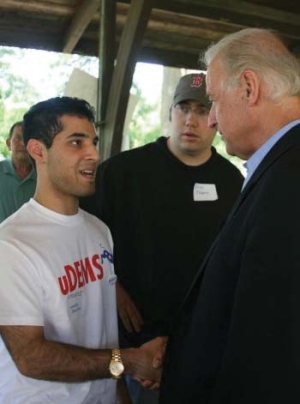AMA Med Ed Conference: What is the Future of Medical Education?
On October 4 – 5, 2013, the American Medical Association hosted the “Accelerating Change in Medical Education Conference” in Chicago, IL., bringing together leaders in the realm of medical education for discussions aimed at “closing the gap between current physician training and the needs of our evolving health care system.” In attendance were two in-Training editors, Emily Lu and Jarna Shah, who reported on the conference and offer their in-depth medical student perspectives on the …




